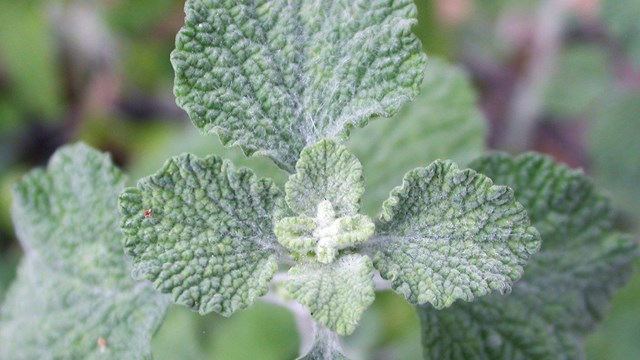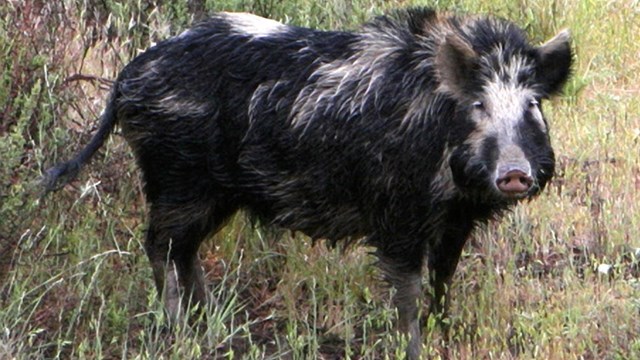The Impact of Invasive Species at Pinnacles National ParkOver the past 200 years, thousands of foreign plant and animal species have become established in the United States. About one in seven of these species has become invasive. Invasive species often possess high reproductive rates, disperse easily, and can tolerate a wide range of environmental conditions. Additionally, they frequently lack natural predators in their new environments, allowing them to outcompete native flora and fauna for ecological niches that developed over millennia. The Consequences of Invasive SpeciesSome non-native species, initially introduced for beneficial purposes, later become invasive. For example:
Cornell University researchers estimate the economic impact of invasive species in the United States to be $138 billionannually. This includes ecosystem damages, reduced crop yields, control efforts, and lost forest products. The ecological costs are equally staggering. Invasive species eat, outcompete, and hybridize with native species, spread diseases, and eliminate or alter native habitats. Of the 958 species listed as threatened or endangered under the Endangered Species Act in the U.S., 400 are at risk primarily due to competition and predation by non-native species. Globally, the impact is even more significant, with invasive species being the second leading cause of extinction after direct habitat destruction, such as clearcutting. This threat extends beyond habitats, affecting human cultures, languages, and communities. Pinnacles National Park's Approach to ConservationAlthough the land at Pinnacles National Park began to be protected in the early 1900s, it is not entirely unaltered. However, the park's protection and its harsh climate—with large daily temperature fluctuations and hot, dry summers—help buffer it from invasive species. As a result, fewer invasives thrive here, allowing Pinnacles to maintain a high proportion of native plants and animals and relatively undisturbed land. To preserve the health of the park’s habitats, Pinnacles actively controls exotic plants and feral pigs, as outlined in the park’s management efforts. 
Invasive Plants
Some plants at Pinnacles present a threat to the biodiversity of the park. Learn more about how park biologists manage invasive plants. 
Wild Pigs
Wild pigs have caused problems for the native plants and animals at Pinnacles. |
Last updated: October 23, 2024
